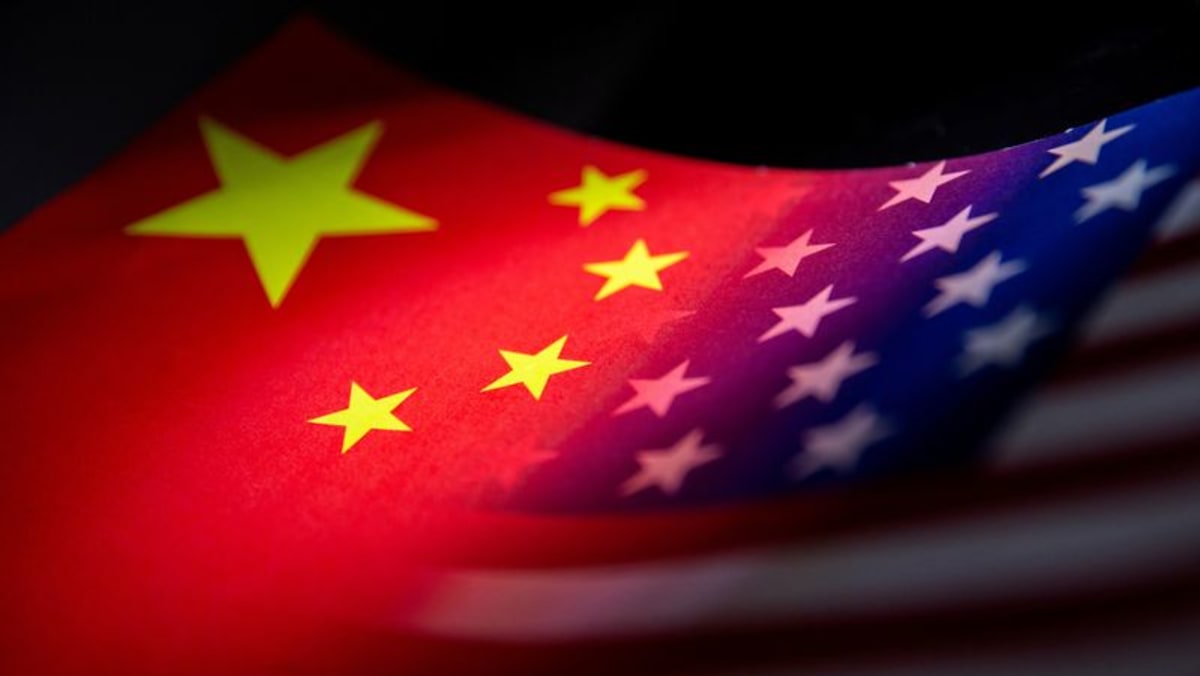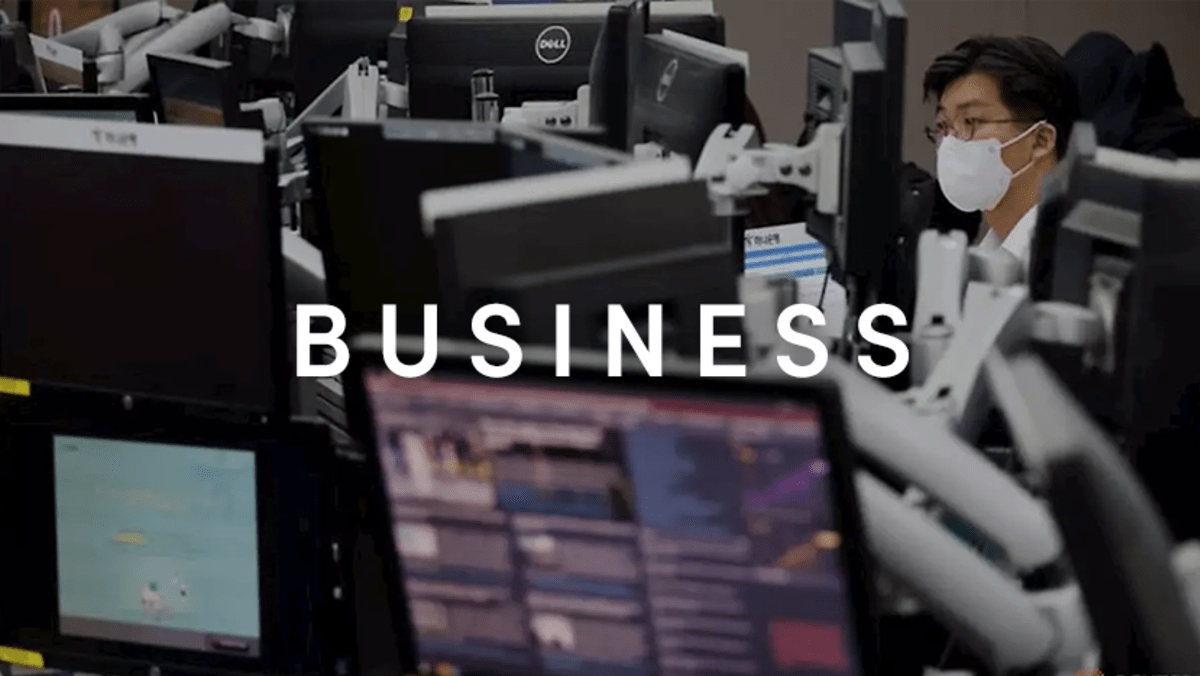TOKYO : Japan’s December inflation-adjusted real wages rose 0.6 per cent year-on-year thanks to a wintertime bonus bump, preliminary government data showed on Wednesday, with government officials expressing optimism that wage hike momentum ahead is growing.
Prime Minister Shigeru Ishiba sees strong wage growth as key to supporting a fragile economic recovery, while the Bank of Japan has said sustained, broad-based wage hikes are a prerequisite for pushing up borrowing costs.
December’s real wages, a barometer of consumer purchasing power, grew 0.6 per cent in December from a year earlier, data from the labour ministry showed. The inflation-adjusted wages rose for the second consecutive month after the ministry revised up November’s figure to a 0.5 per cent uptick from a 0.3 per cent drop.
The positive figure is attributed to a 6.8 per cent jump in special payments, mainly on companies’ wintertime bonuses, the ministry said. Such a bump pushed total cash earnings, or nominal pay, up to 619,580 yen ($3,991.11), a 4.8 per cent increase year-on-year.
The consumer inflation rate that the government uses to calculate real wages and includes fresh food prices but not rent or equivalent, climbed 4.2 per cent, accelerating from November’s 3.4 per cent and rising at the fastest pace since January 2023.
“Although monthly wages and base salary have been rising compared to the past, they are not keeping up with prices,” a labour ministry official said.
Regular pay, or base salary, rose 2.7 per cent in December from a year ago after a revised 2.5 per cent gain in November, the data showed. Overtime pay, a barometer of business strength, grew 1.3 per cent for the month from a revised 1.4 per cent growth in November.
In separate wage data for the whole of 2024, the overall base salary grew at the fastest pace in three decades, while special payments rose at the fastest pace since 2001, according to the ministry.
Real wages for that year as a whole, though, dipped 0.2 per cent compared to 2023, down for the third consecutive year as consumer inflation exceeded 3 per cent and outpaced nominal pay.
Still, a separate labour ministry official said regular pay has risen and special payments helped real wages turn positive during bonus seasons last year.
“If this trend continues, or if consumer inflation cools down, we can expect a positive trend in real wages” looking ahead, the official said.
Japanese companies agreed to an average 5.1 per cent wage hike in 2024, the biggest increase in three decades, according to Rengo, the nation’s largest union.
Rengo is seeking wage hikes of at least 5 per cent in 2025, while setting a target of at least 6 per cent for smaller firms to narrow the income gap with workers at large firms.
($1 = 155.2400 yen)













